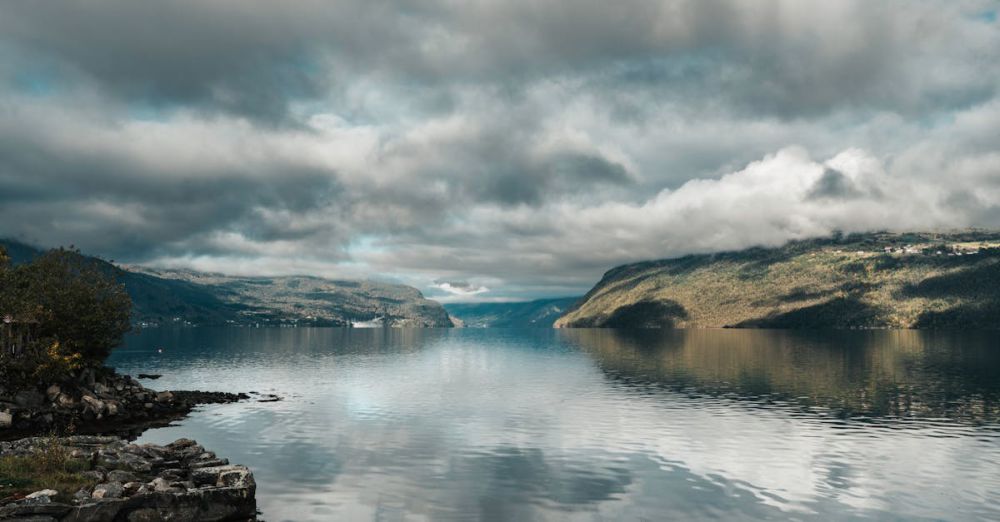How Can You Make Your Hiking Trip Eco-friendly
Hiking is a fantastic way to connect with nature, rejuvenate your spirit, and enjoy the great outdoors. However, with this enjoyment comes the responsibility of preserving the environment you cherish. As more people venture into natural landscapes, the cumulative impact can lead to significant ecological distress. Adopting eco-friendly practices during your hiking trips ensures that these beautiful places remain pristine for future generations to enjoy. Here’s how you can make your hiking adventures more sustainable.
Choose Sustainable Trails
Before you lace up your hiking boots, take the time to research the trails you plan to explore. Opt for designated paths that are well-maintained and recognized for their environmental stewardship. These trails are often designed to minimize impact on the surrounding ecosystem. Avoiding off-trail hiking prevents soil erosion and protects sensitive habitats, allowing flora and fauna to thrive. Furthermore, consider hiking during off-peak times to lessen the trail’s burden—this helps reduce congestion and the wear and tear on the natural environment.
Pack It In, Pack It Out
One of the cardinal rules of hiking is to leave no trace. This principle is about more than just cleaning up after yourself; it’s about taking responsibility for your impact on nature. Bring reusable containers for food and drinks and ensure all trash, including biodegradable items, is packed out. Even organic waste can disrupt local wildlife if left behind. Consider carrying a small trash bag to collect any litter you encounter along the way. This not only keeps the trail clean but also sets a positive example for others.
Be Mindful of Wildlife
Encountering wildlife is one of the joys of hiking, but it’s crucial to respect their space. Observe animals from a distance and refrain from feeding them. Human food can be harmful to wildlife, leading to dependency and altering natural behaviors. Secure food and scented items in bear-proof containers or bags to prevent attracting animals to your campsite. Additionally, educate yourself on local wildlife and ecosystems to deepen your appreciation and understanding of the delicate balance that exists in nature.
Use Eco-friendly Gear
When investing in hiking gear, prioritize sustainable products. Look for items made from recycled materials or brands that emphasize environmental responsibility. Opt for biodegradable soaps and personal care products, as well as reusable utensils and containers. The gear you choose can have a significant impact on your environmental footprint, so consider the lifecycle of each product. Quality gear often lasts longer, reducing the frequency of replacements, which is more eco-friendly in the long run.
Stay on Designated Campsites
If your hiking trip involves camping, stick to established campsites. These areas are designed to minimize ecological impact and are often equipped with fire rings and waste disposal options. Setting up camp in undesignated areas can lead to soil compaction, vegetation destruction, and wildlife disturbance. Before you go, familiarize yourself with the Leave No Trace principles, which offer guidance on responsible camping practices, such as proper waste disposal and minimizing campfire impact.
Educate and Inspire Others
One of the most effective ways to promote eco-friendly hiking is by sharing your knowledge with fellow hikers. Engage in conversations about sustainable practices, and encourage others to adopt eco-conscious habits. Whether through social media, local hiking groups, or casual conversations on the trail, your efforts can inspire others to consider the environmental impact of their outdoor activities. Raising awareness can create a ripple effect, fostering a culture of conservation within the hiking community.
Fostering a Sustainable Hiking Culture
Making your hiking trips eco-friendly is not just about individual responsibility; it’s about fostering a culture of sustainability within the hiking community. By choosing sustainable practices and sharing your commitment to environmental stewardship, you contribute to the preservation of our precious natural landscapes. Every small action counts, and collectively, they can lead to significant positive change. As you embark on your next hiking adventure, remember that you are not just a visitor in nature; you are a guardian of the environment. Embrace your role, and let your love for the outdoors shine through your eco-friendly choices.







